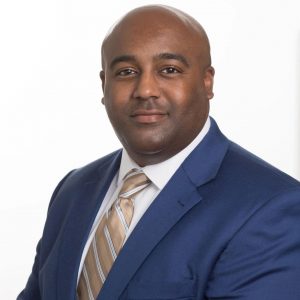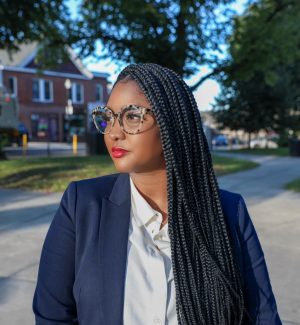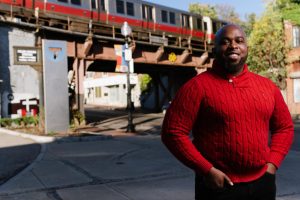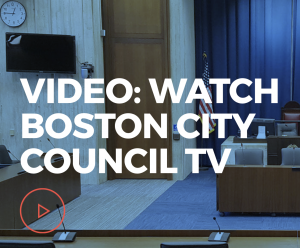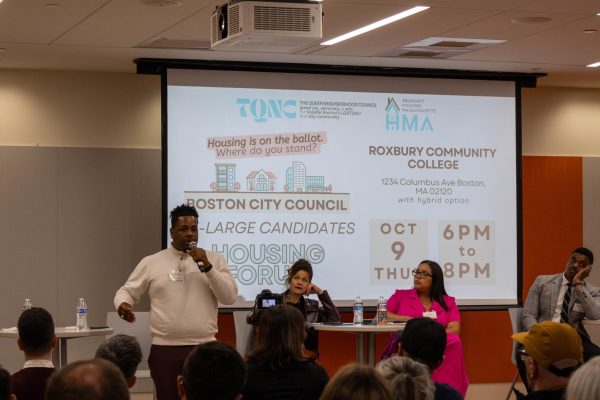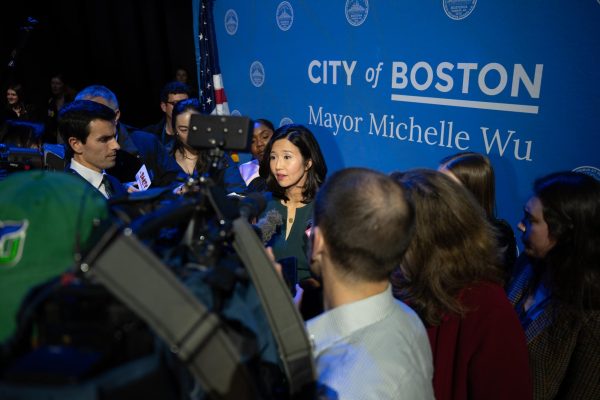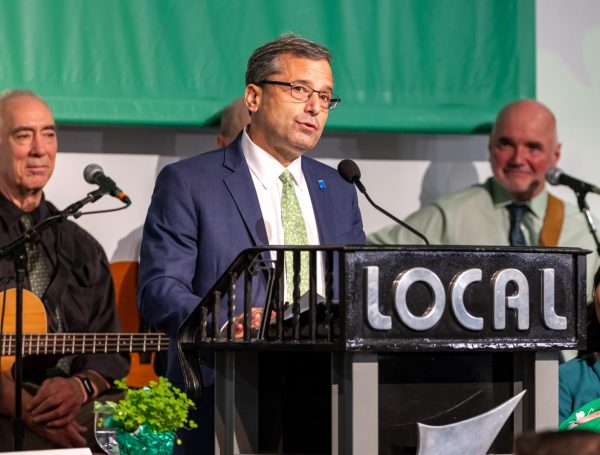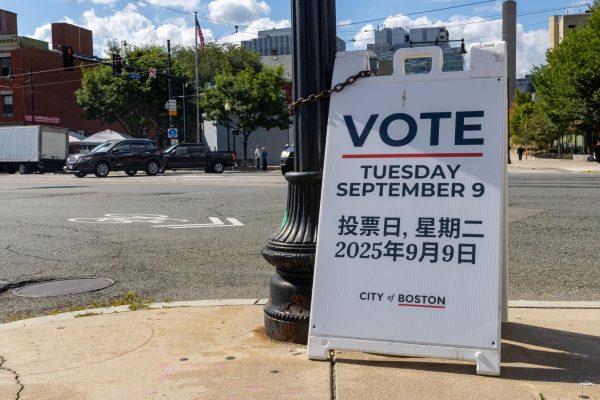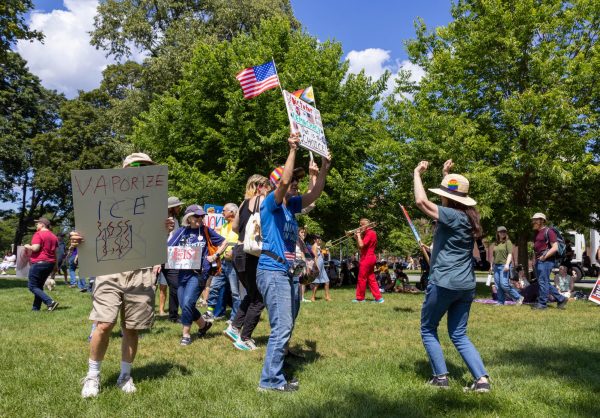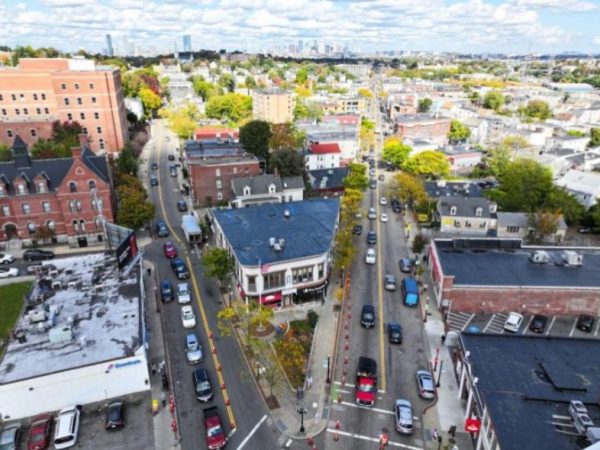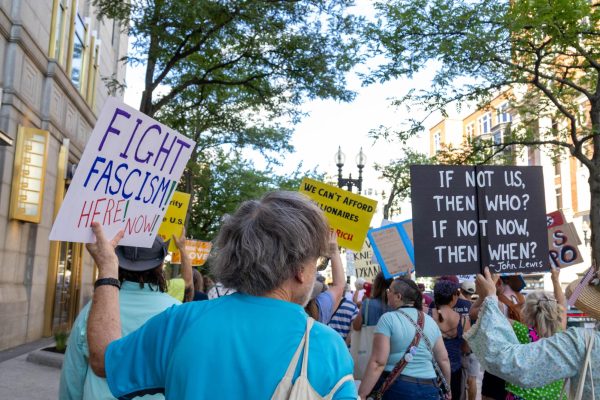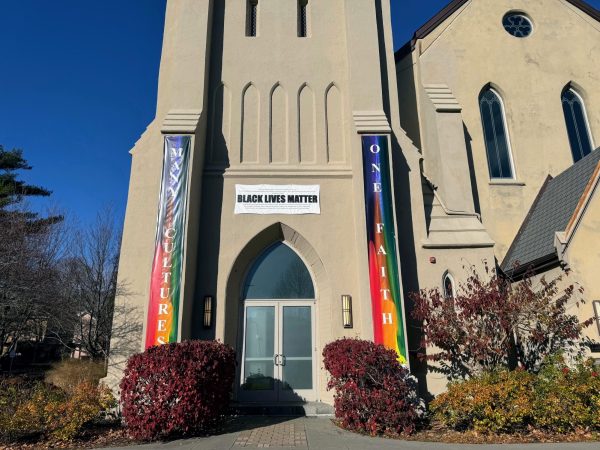City council race: Said Abdikarim running for at-large seat
Said Abdikarim, a Boston native with backgrounds in business and technology, is running for Boston City Council at-large seat this year.
Candidates also running for an at-large seat include incumbent councilor Michael Flaherty and councilor Julia Mejia, David Halbert, Kelly Bates, Ruthzee Louijeune, Alexander Gray, Erin Murphy, Carla Monteiro, Jon Spillane, Domingos DaRosa, Nicholas Vance, Munim Khan, James Colimon and Bridget Nee-Walsh are also running for an at-large seat. Councilors at-large Michelle Wu and Annissa Essaibi-George are running for Boston mayor.
Abdikarim came to the U.S. as a refugee 28 years ago. He has lived in public housing and gone to Boston Public Schools. He’s the founder of Faido Capital, a venture capital firm that aims to “invest in minority women entrepreneurs.”
If elected, he hopes to combine his professional experience in business and technology with his experiences growing up in the city to serve Boston residents. Abdikarim said he would bring a business and a technology perspective to the city council. “One of the main reasons why we want to target STEM programs,” he said. “It is because, let’s say, today I give you access to affordable housing and you lived in affordable housing, but you work at a job that pays the bare minimum…You’re not going to have the opportunity to invest because you don’t have the technical background to get a high-paying job.”
The Scope spoke with Abdikarim about his campaign’s top issues and his plans to address them if elected city councilor. The following transcript has been edited for length and clarity.
What are the most important policy issues on your platform?
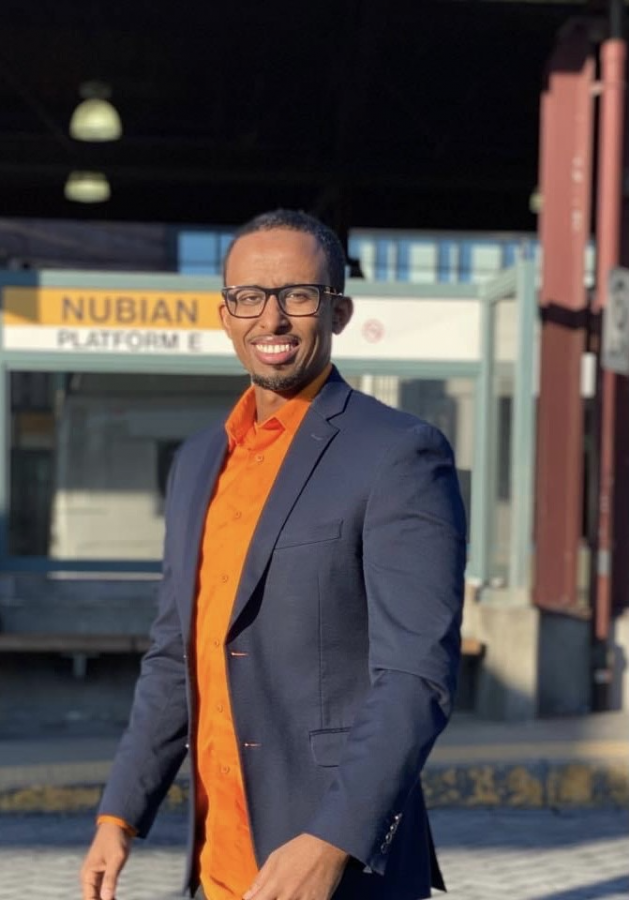
As a lifelong Boston resident, I am very passionate about a lot of things happening in the City of Boston but if I can prioritize some of our policies, I can start off with STEM education.
I come from the business and the technology world. The world is changing fast, and if a lot of students at an early age are not equipped with the STEM skills that they need to survive in this day and age, they’re going to be so behind, especially for children that come from low-income communities they actually grew up in.
So it would be STEM and also education in general because in the city of Boston we have schools that are not doing too well. And in the ones that aren’t doing too well, there’s a sense that every student is not that getting that equal access. It could be an exam school, which I think are great, but I would hope for every student in Boston to have the same access to the exam schools.
Secondly would be substance abuse. My best friend, in the city of Boston, actually, died of a drug overdose. It’s personal for me. When I drive down Mass Ave and I see someone’s loved one somewhere in the corner doing drugs, I think about my friend. And I, as a father, also think about my kids and also every other kid in the city of Boston. I believe there can be a lot done in regards to the opioid crisis and substance abuse in Boston. If we win this race I’m hoping to use that personal experience of having someone that I’m very close to falling victim to this disease because substance abuse is a disease.
The third priority would be housing affordable housing. It sort of shows the diversity of a city, especially a city like Boston,] as big as Boston. If the city doesn’t have enough affordable housing for people and the opportunity for housing ownership, that means the city is being exclusive and not inclusive.
I came to the U.S. as a refugee. First place I ever got to was the city of Boston, and I lived at five different public housings. The public housings at that time gave low-income families and immigrant families the opportunity to chase the American dream.
And even though now the house looks a lot prettier than the way back in the days,a lot of properties in Boston are vacant because the income requirement for someone to live in that property, to rent it, is actually a lot higher. That sort of minimizes the opportunity for affordable housing.
In regards to house ownership, there is a program in Boston, but I think that program should be revisited because the city will help you pay for the down payment. However, that means you can’t make income from that property. You have to live in it yourself. So if let’s say if your mortgage is 30 years, then that means for 30 years that you’re not going to make income from that property. We’re trying to help people move away from dependency on public assistance to sort of bridge the wealth gap.
I deeply care about the environment because when I was growing up in the refugee camps of Africa, my playgrounds were burning landfills. As a kid I inhaled smoke from these burning landfills. I didn’t have the opportunity for more of a clean park or a clean playground or clean city—none of that. So I care about the environment.
I want to see a Boston that’s at the forefront for every other city in the U.S., where we have in parks that are free of needles. Nowadays, if you walk around Boston, at some of the parks you’ll find drug needles all over the place.
Some of the schools here in Boston—right outside of the schools, there are drugs, needles everywhere. So I want a cleaner city, clean parks and playgrounds, a city that’s free of man-made pollution. By doing that, obviously, it’s gonna require the city to allocate some resources and, and that would also create some jobs within Boston.
Lastly, equity in the justice system and equity in healthcare, especially right now in COVID. A lot of the people from low-income communities don’t have the same equity as other people that are from affluent neighborhoods. Also, [I want] equity when it comes to the financial sector, funding for minority businesses and organizations.
The unofficial slogan of our campaign is ‘An equal opportunity Boston.’ We want everyone that lives in Boston to have the same equal opportunity when it comes to the public resources and also the private resources. If the person qualifies for it, if they ran a business before, if they have good credit and also for those that don’t have good credit, there should be opportunities to help them build their credit, knowing about financial literacy et cetera.
How do you plan to achieve those goals or implement policies?
It’s not going to be a one-man show. Obviously, in order to pass legislation, you need your colleagues to agree with you and sign up on these things. Sometimes city politics can be very tricky. Even if it passes at the city level, some policies or legislation needed to get to the state level to have the state sign off on it.
I’m hoping that my personal experience of coming to this country as a refugee, growing up in low-income communities, and experience working in the business and technology world [prepares me].
I’m a numbers guy and as they always say, numbers, don’t lie. There are reports recently that came up in the Boston Globe where minorities literally received a very small fraction of city contracts. Minorities are struggling today to get access to the COVID vaccination. Numbers tell a story.
I’m hoping my personal experience along with my analytical background would help me draft legislation that will give everybody in Boston an equal playing field and also have my colleagues in city hall supporting me on legislation.
How does your background prepare you for this job and why did you decide to run?
American society has moved past the notion that a perfect politician is someone that’s a lawyer or someone that is a policy analyst. They moved past that notion. A lot of people are becoming politicians that come from a business background or technology background.
My background actually fits perfectly with this position because, for example, if I were to say I was going to run for a state [position], then that means I’m just running just to run, but I’m starting at the city level. The city level is the legislative branch where you can actually make change within your city.
The reason why I decided to run was because I saw the disparities within the city of Boston when it comes to affordable housing, when it comes to assistance for substance abuse [and] equity. I lived these issues. Because the needs of all these Bostonians are not being met, that’s why I was motivated to run for this office.
Also, my background fits perfectly with it because, as I alluded to it earlier, I have an analytical background. I follow the numbers to tell a story and that’s really going to help out when it comes to drafting legislation or fighting for resources for those people that actually need it.
Also, someone might say “Okay, but are you looking at things from just a numbers perspective.”
I agree, absolutely, but I also have the human side of it, the emotional side, because I lived these things. I’m not talking from a third-person narrative or a second-person narrative. This is a first-person experience.
So that emotion is there because I have the experience, personally, because I lived it.
How is your campaign different from other candidates?
It’s different because I’m a lifelong Boston resident. Boston is the only home that I know. I’ve lived here close to 30 years, I would say maybe going on 28 years right now.
I’m a byproduct of Boston Public Schools from elementary and middle school and high school. I’m a byproduct [of] the Boston Housing Authority. I have that personal experience, that personal connection to the city of Boston. It’s not like I’m someone that just moved to Boston recently that’s just running for office. So that really is an advantage for our campaign, that personal connection.
Also, it’s different because I bring a different perspective, a business and a technology perspective. One of the main reasons why we want to target STEM programs is because—let’s say, for example, today I gave you access to affordable housing. And you lived in affordable housing, but you work at a job that pays the bare minimum. So you’re not going to have the opportunity to build wealth. You’re not going to have the opportunity to invest because you don’t have the technical background to get a high-paying job. So the reason why we want to push the STEM programs is because we want to equip students, especially students from low-income communities with the right skills so they can make a good salary, they can buy a house, they can start a business, et cetera.
Right now in Boston, we have one vocational school. It’s the Madison Park [Technical Vocational High School]. Madison Park should be the benchmark of all schools within New England, but it’s not. It’s a struggling school.
I have that personal connection, I know about these things because I live in the city of Boston. That’s why our campaign is different from anyone else.
What is and is not working in the city of Boston and what can be changed?
I would start with what’s working. I would say that you have young minority candidates that have been inspired to run for office. In the past, I would say, maybe three years [or] four years because they feel that every politician that they picked or voted for or supported is not meeting their expectations.
So that’s really working because in order to see change, you have to be at the table. If you’re not at the table, you are the menu and other people are making decisions for your community that don’t have the background or that emotional experience attached to that community. That’s one thing that I can see that’s actually working.
The things that are not working, like I said, earlier, numbers don’t lie. You have all these reports coming out now where minorities are receiving a very small fraction of [city] contracts. There’s not a fair playing field when it comes to education. Kids are being judged on the zip codes that they live in. Also when it comes to the exam schools the test itself, it requires a lot of resources [and it] requires money to hire tutors. It requires a support system. So if you don’t have that financial means, that means your kid is not going to be able to study for the exam.
Also, there has to be a lot of educational information seminars for parents that don’t know [anything] about the exam school. So we have politicians in office that have been in office for a while, but things just have gotten worse. They haven’t gotten better.
Because I’m from Boston and I grew up in Boston, I might start a little bit biased here, but I think it should be, or it is, a benchmark of all cities in the U.S., there is a lot of American history in Boston. But we’re not living up to the expectations that we bought it for these officials and city hall and they’re not meeting those expectations.



